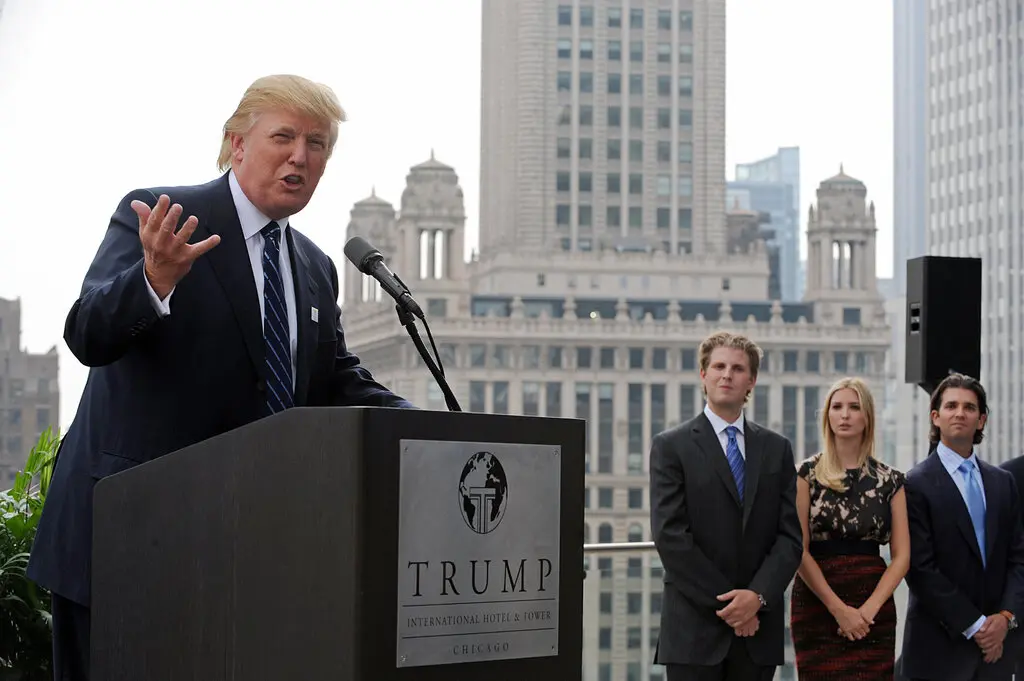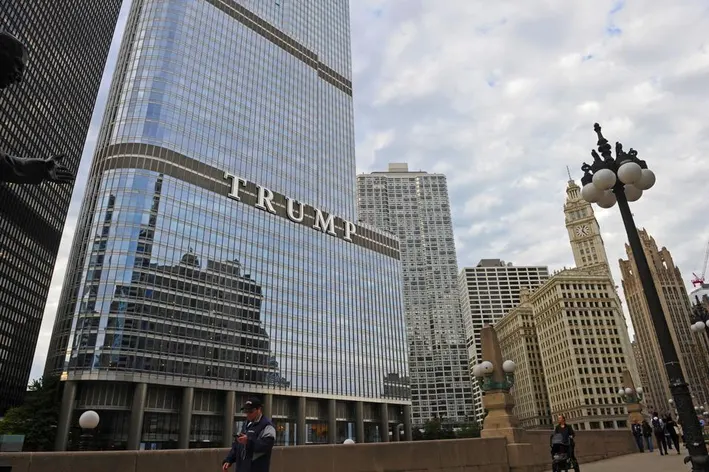Former President Donald J. Trump may owe over $100 million in taxes due to a dubious accounting maneuver he used to claim improper tax breaks from his troubled Chicago skyscraper, according to an Internal Revenue Service inquiry uncovered by The New York Times and ProPublica.
The 92-story Trump International Hotel and Tower, which opened during the Great Recession, has been a massive financial loss for Mr. Trump. However, when seeking to reap tax benefits from these losses, the I.R.S. argues that he went too far, effectively writing off the same losses twice.

In 2008, Mr. Trump claimed on his tax return that his investment in the tower was “worthless” due to the project’s debt, resulting in reported losses as high as $651 million for that year.
Then, in 2010, he executed a maneuver to extract further benefits, shifting the company that owned the tower into a new partnership and using this shift to declare an additional $168 million in losses over the next decade.

The I.R.S. undertook a high-level legal review of the case during Mr. Trump’s presidency before pursuing it. The Times and ProPublica, in consultation with tax experts, calculated that the revision sought by the I.R.S. would create a new tax bill of more than $100 million, plus interest and potential penalties.
The outcome of this dispute could set a precedent for wealthy individuals seeking tax benefits from the complex laws governing partnerships. The six tax experts consulted for this article believe that Mr. Trump’s accounting maneuvers appear questionable and unlikely to withstand scrutiny.

This audit represents another potential financial threat for Mr. Trump, who is already facing significant financial judgments in other cases. Reporting by The Times has found that throughout his business career, Mr. Trump has often used highly aggressive, and at times legally suspect, accounting maneuvers to avoid paying taxes.

The I.R.S.’s position is that Mr. Trump’s 2010 merger violated a law meant to prevent double dipping on tax-reducing losses. If the agency prevails, Mr. Trump would need to amend his tax returns from 2011 to 2017, removing $146 million in losses and adding up to $218 million in income from condominium sales, potentially resulting in a tax bill exceeding $100 million.

The Chicago audit was briefly mentioned in a December 2022 congressional report, confirming that it was still underway and could affect Mr. Trump’s tax returns from several years.
Tax experts expressed surprise that the I.R.S. did not initiate an audit of the 2008 worthlessness deduction, suggesting that the understaffed agency may have missed the deadline to investigate it and is now attempting to make up for that oversight by auditing the 2010 merger transaction.

The I.R.S.’s difficulty in keeping up with Mr. Trump’s maneuvers highlights the need for Congress to reform the rules surrounding the worthlessness deduction, according to tax experts. The outcome of this audit could have significant implications for Mr. Trump’s financial future and the broader landscape of partnership taxation.
Credit: TheNewYorkTimes.com



